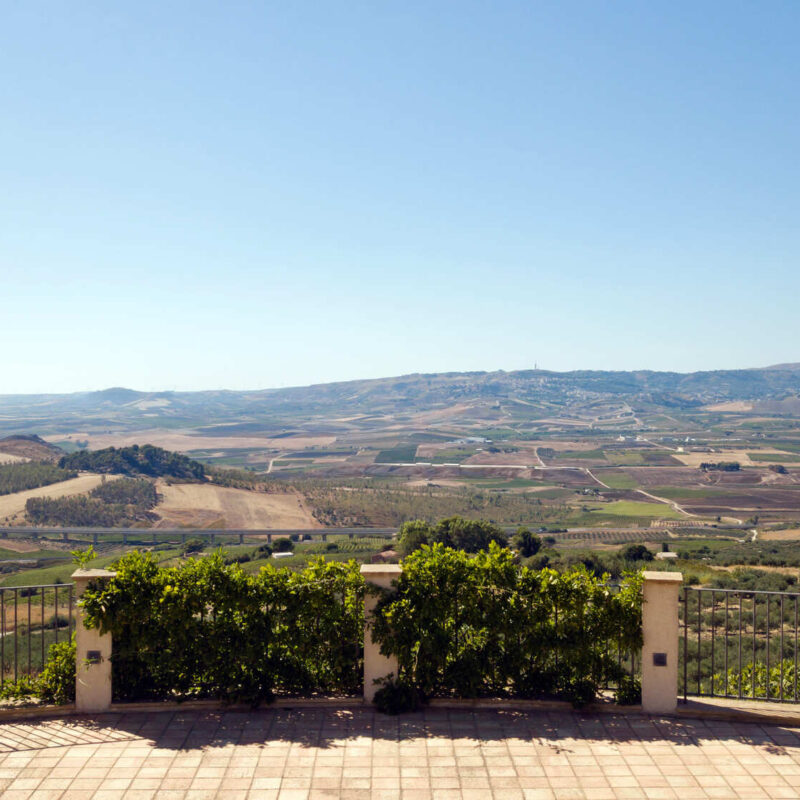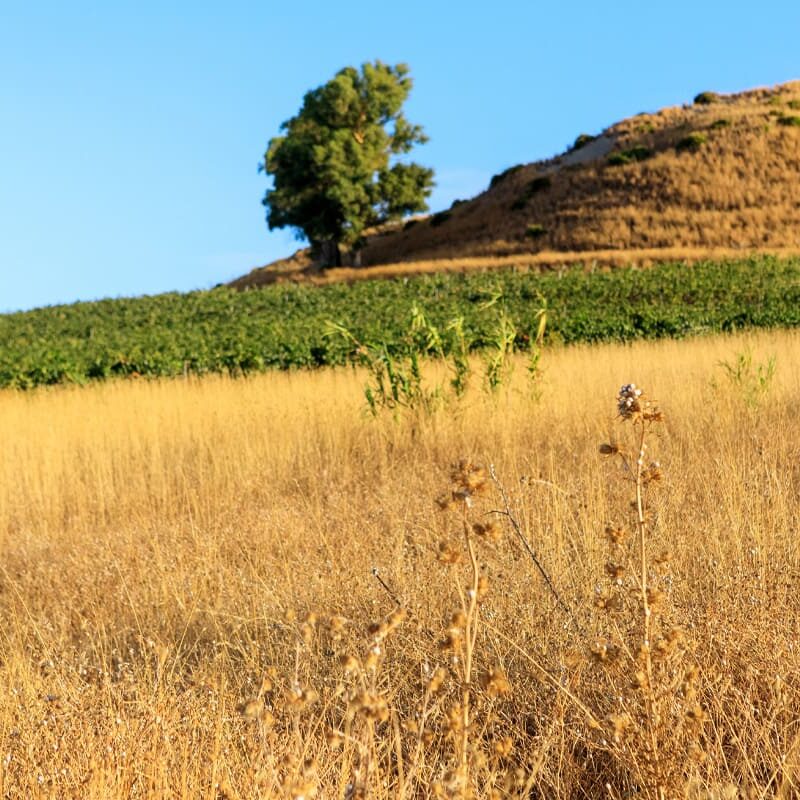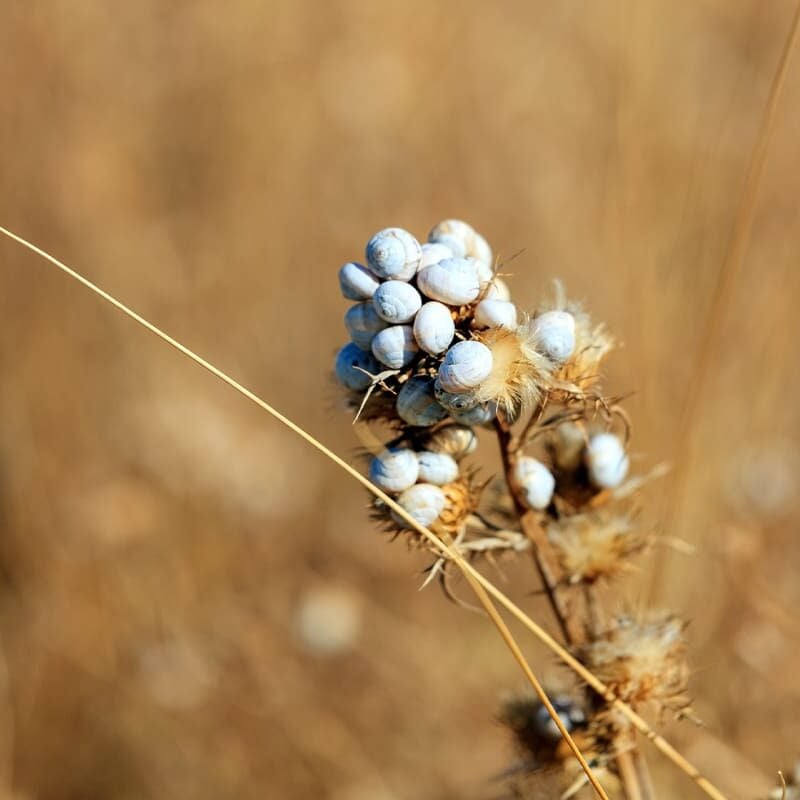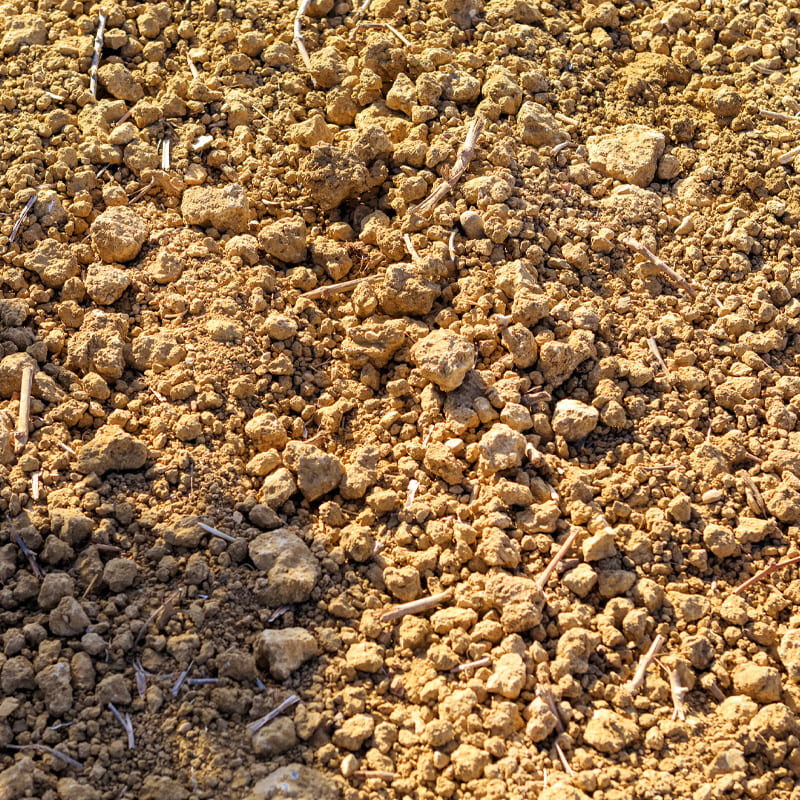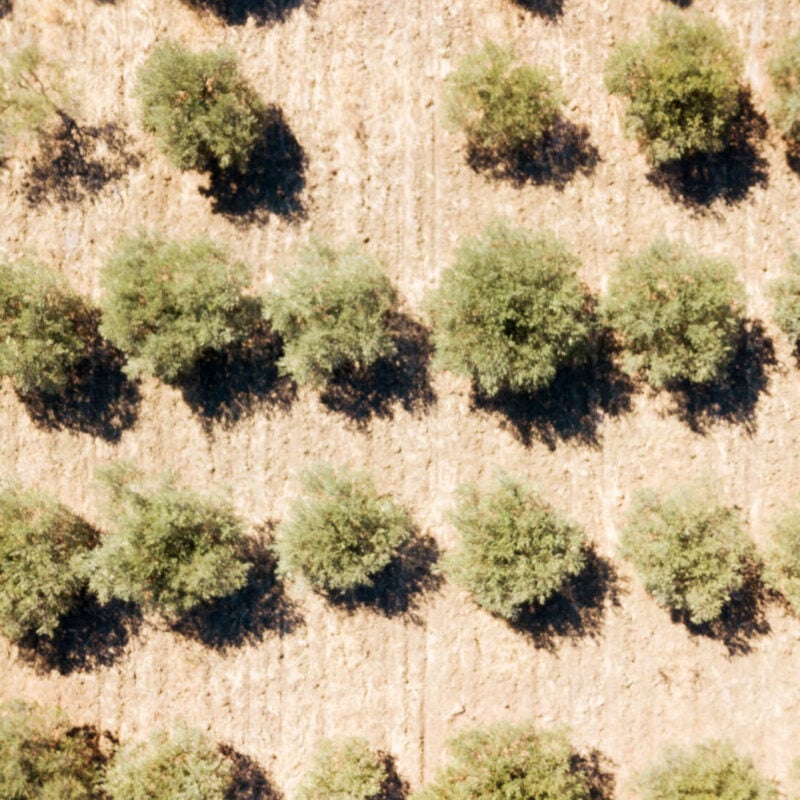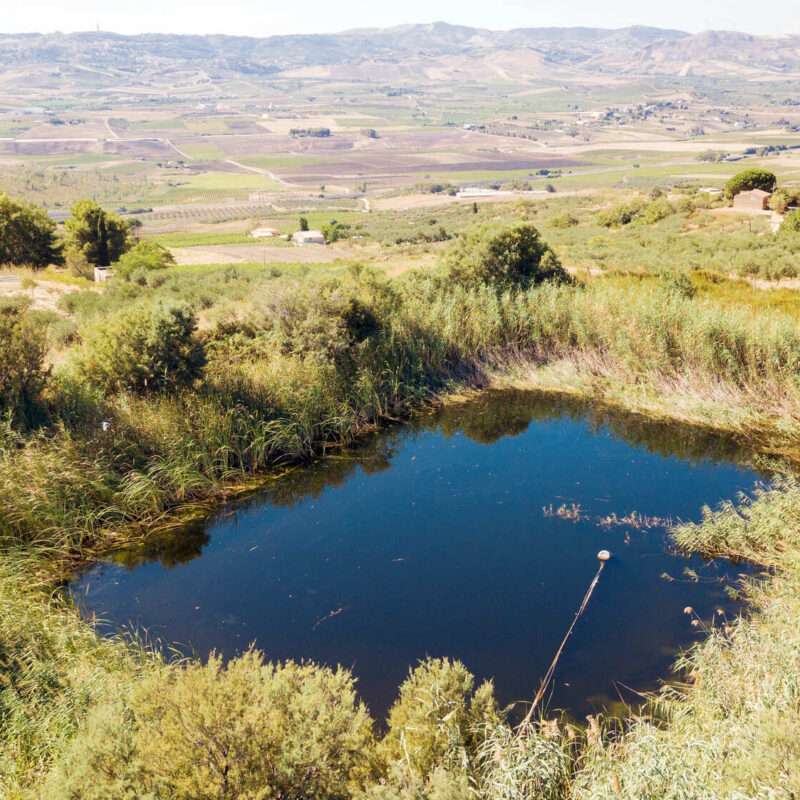We are an eco-friendly company
We firmly believe that modern agriculture cannot be separated from a deep sense of responsibility and respect for the environment and the adoption of eco-friendly behaviours.
All the company’s land is cultivated with modern organic farming methods while respecting the best rural tradition.
Organic (heavy metal-free) fertilizers and legume green manure are used for plant nutrition; No synthetic chemicals are used for plant defence, but only modern products with a low content of copper, sulphur, natural clays (kaolin, bentonite, zeolite, etc.) and resistance inducers.
Finally, ecological compensation areas are created and maintained to rebalance the natural ecosystem.
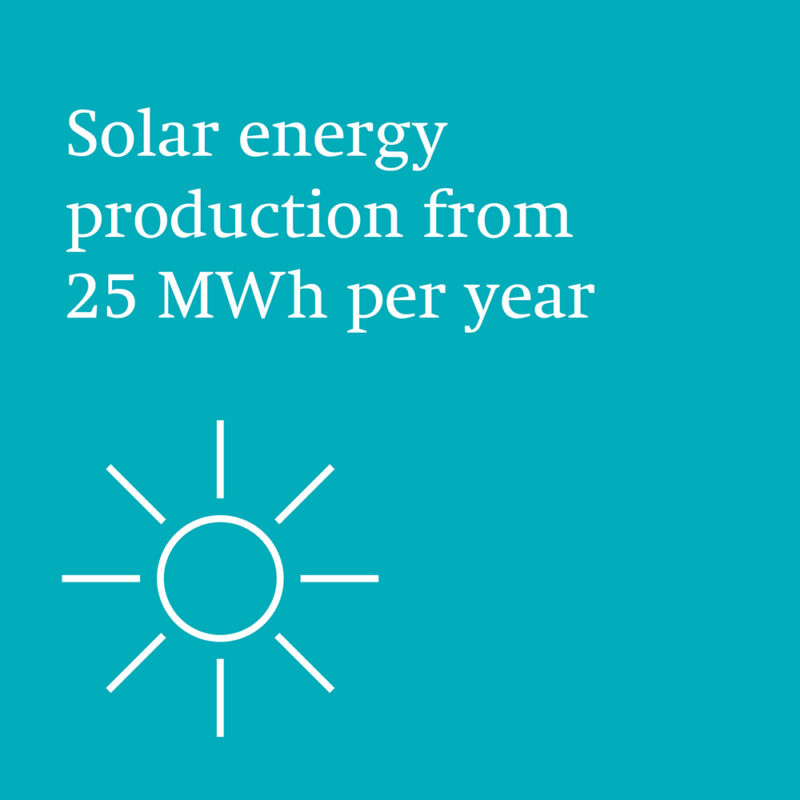
Sustainability
A structure based on eco-sustainability
The production facility of the winery is small but efficient and entirely based on sustainability.
A modern thermal conditioning plant and an “external thermal insulation”, together with an integrated photovoltaic system and a solar thermal plant, allow significant energy savings and, therefore, contribute to the protection of the environment.
The barrel areas are completely underground to ensure an optimal microclimate, necessary for the refinement of red wines and with a reduced energy consumption.
Sustainability in the cellar is also ensured by a process of a process of “Fitodepurazione Attiva®” (“Active Phytoremediation”) by which all the wastewater generated from the production processes is naturally purified (with an integrated system of filtering volcanic rock and mycorrhized marsh reeds) and can be reused to irrigate agricultural crops.
Our commitment to environmental protection also continues in the search for greener consumables. The bottles we choose for our wine are as light as possible.
Several studies have shown how the so-called carbon footprint of a glass bottle is equal to its weight: every gram of glass produced disperses an almost equivalent weight of CO₂ in the environment. If we also consider that the greater the weight to be handled, the greater the emissions associated with transport, it is not difficult to understand why the production and transport of glass are the main cause of greenhouse gas emissions of the entire winemaking supply chain.

